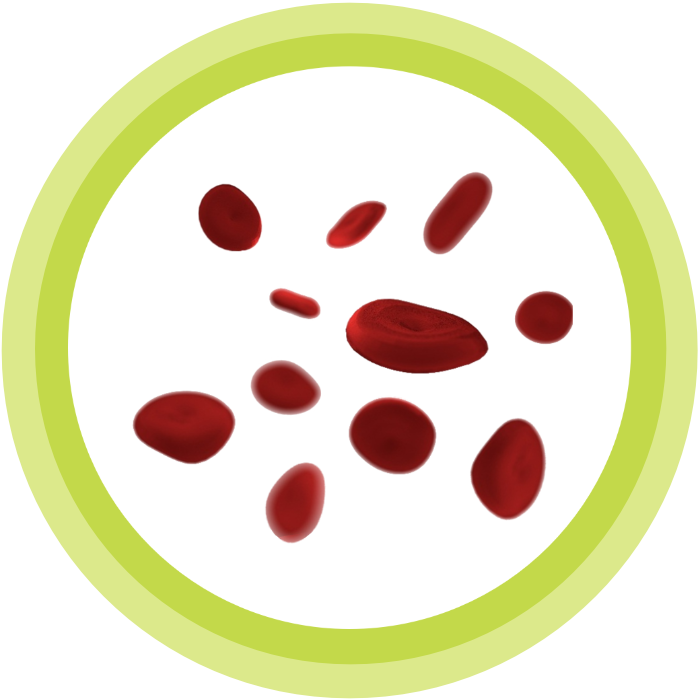What do we provide?
In addition to consultative examinations through which the haematologist establishes a diagnosis and conducts treatment of some diseases (anaemia), the haematologist also gives advice and monitors diseases.
Children find it difficult to deal with chronic diseases because they do not know what is happening to their body or how to express their needs. Here the continuity in treatment is of crucial importance, through long-term co-operation with doctors specialized for working with children, who know how to establish a relationship of trust with a child.
When to see a haematologist?
Among other things, nutrition of children is considered proper if it provides a good blood count, i.e. if it prevents anaemia. That is why parents are always concerned about the value of haemoglobin in their children. Seek our help if you suspect that your child has anaemia (if the mother was anaemic during pregnancy or took products containing iron, if the child has bad appetite and stamina, or pale skin).
Also, seek professional help if your child has a headache and is feeling exhausted, has a high temperature or fever, bleeding or frequent repetitive infections.
